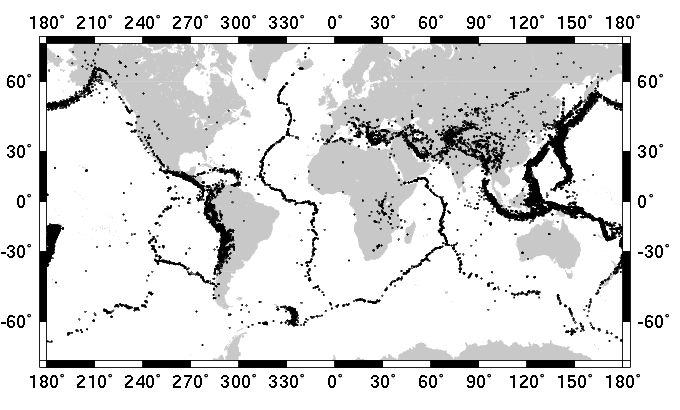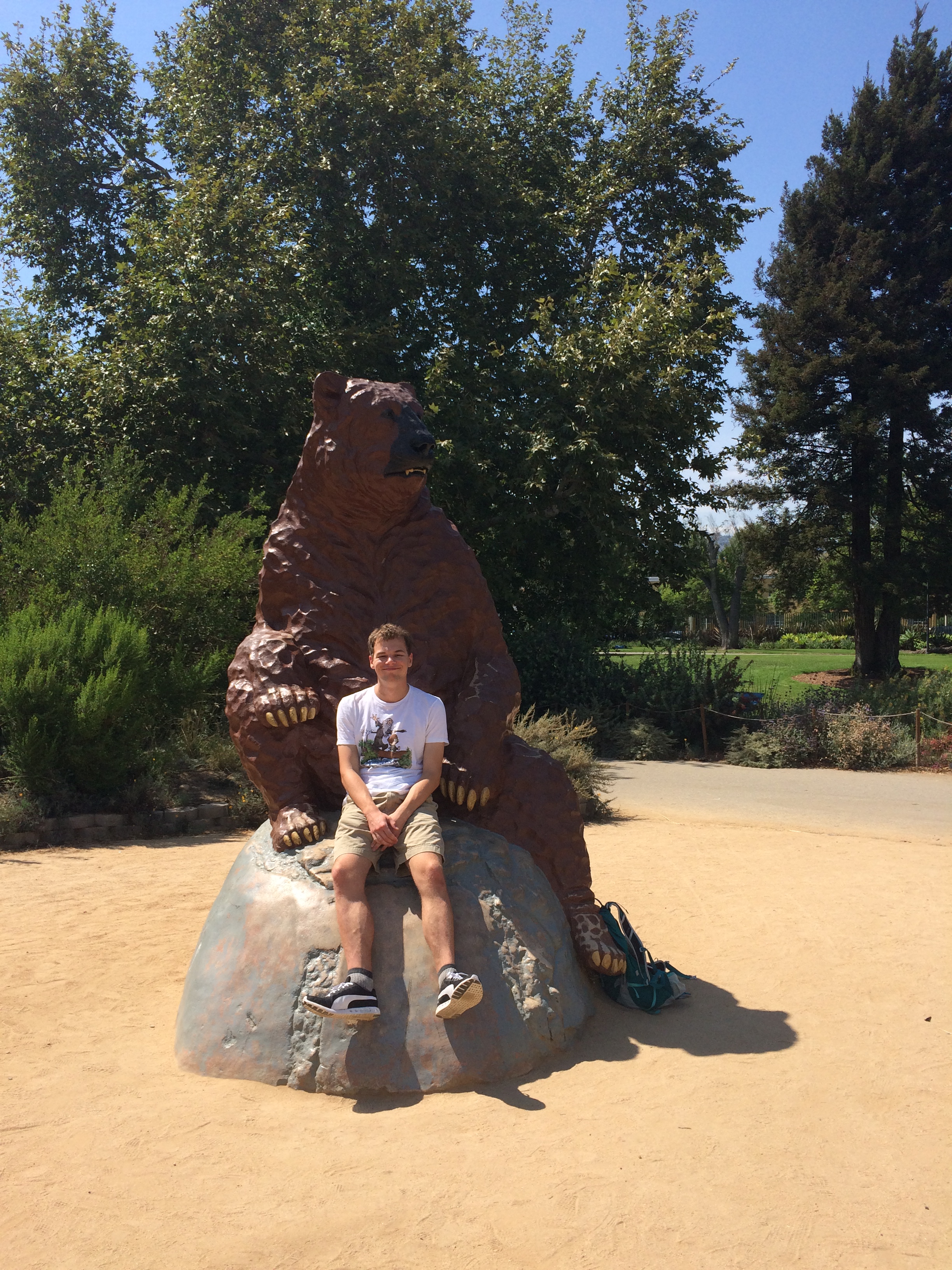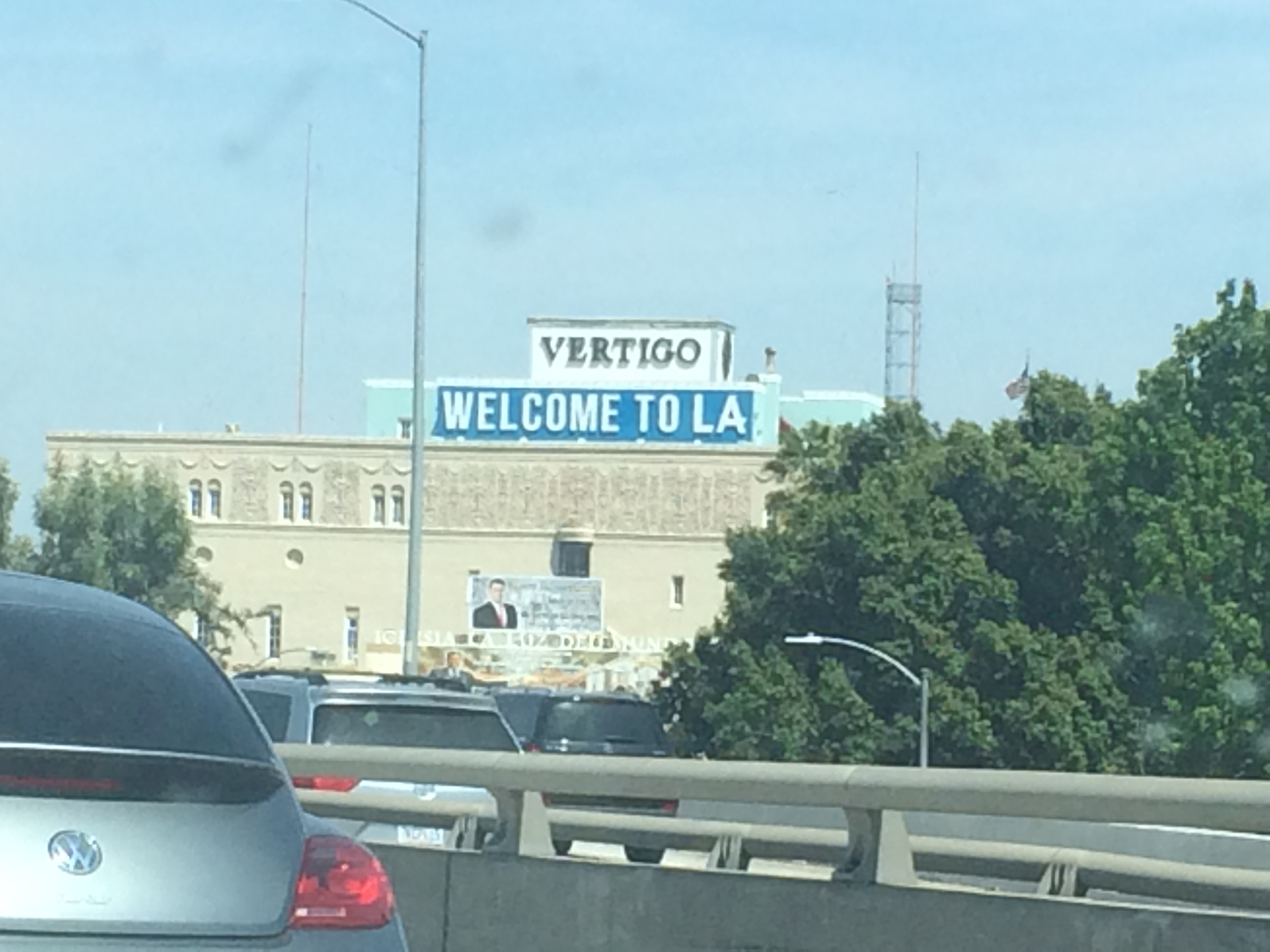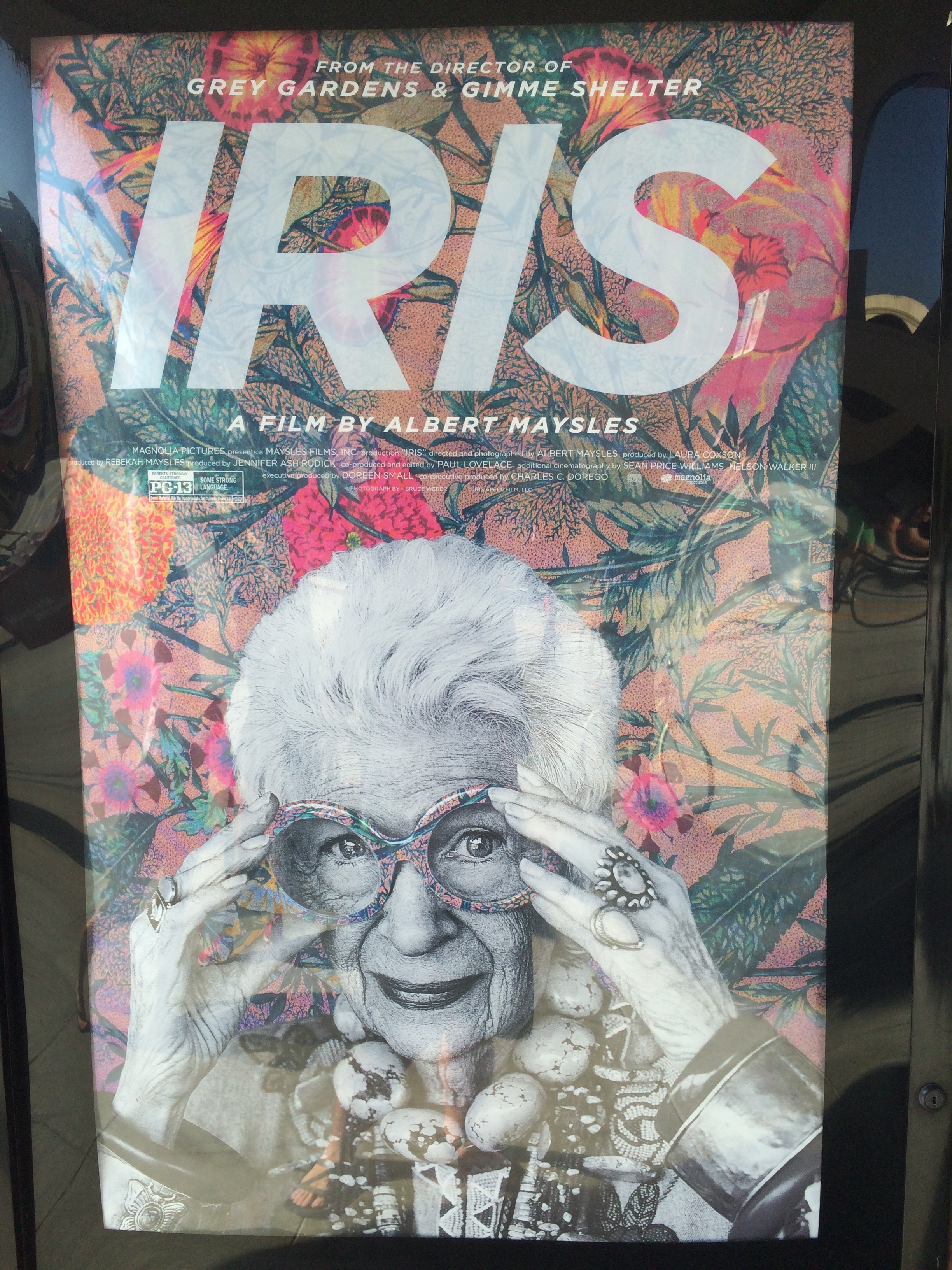Jordan Bishop
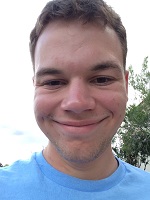
Jordan Bishop is a student at University of North Carolina at Chapel Hill currently completing his research at California Institute of Technology under Dr. Monica Kohler.
For my project, I am first varying parameters in a series of python codes in order to increase accuracy of automated picking of p wave arrivals. Once this has been optimized, then I am double checking the output of the coupled hypocenter location algorithm for physical accuracy. In the words of my mentor, when “we have locations that we all believe”, then I’m creating a catalog of all the events from the Aug 2010 to Sep 2011 ocean floor deployment. Using this data, I will then examine the locations for clusters characteristic of faults, and see if there are temporal correlations with tides.
Looking Ahead (VI)
July 22nd, 2015
Hi All,
I cannot believe how fast this summer has gone by. Looking ahead, I only have about two weeks left, so I've been testing the last few variables in my hypocenter programs. By Friday, I'm going to present Dr. Kohler with what I've discovered to be the optimal values for the 6 or so variables I've been testing (which started out as just 2 variables). Furthermore, I'm also preparing my abstract for AGU and shall be submitting that on Monday.
Thank you Michael, Rob, Matt, and everyone associated with IRIS. This summer has been fantastic.
To all my fellow interns, whoo!! I can't wait to see everyone at AGU.
Best,
Jordan Bishop
Frustration and Success (IV)
July 22nd, 2015
Hi All,
The biggest frustration I've had this summer was learning how to install and use all the software I'm using. It's extremely rewarding to look back now and see how far I've come though. My biggest success so far has been finding an actual error in the hypocenter program that we're using. I'm still figuring out how to fix it, but it's exciting to know that I've been able to make strides to make these programs better.
-Jordan
You Know What’s a Good Show?
July 5th, 2015
Hi All,
Since Thursday, when I had my wisdom teeth removed, I haven't felt like going out much. This has caused me to have a very productive last few days, but otherwise, I've also watched many movies. I've discovered classics such as Underworlds I and II and, to feed my inner volcanologist, movies that stretch the imagination: Yellowstone (Just Bad), Airplane versus Volcano (Laughably Bad) , Volcano (A decent movie), and Dante's Peak (a good movie, and not that bad geologically).
Still, the thing that I've enjoyed the most is the show The Cosmos (hosted by Neil DeGrasse Tyson). It's exciting to see how various scientists throughout history have shaped the way we view the world: Edmond Halley and his publishment of Newton's Principia Mathematica, Michael Faraday and his "lines of force" with James Maxwell's description of them, and geochemist Clair Patterson's 4.55 Billion year calculation of the age of the Earth and subsequent campaign against industrial lead use. Clair Patterson's case was particularly interesting to me, because through his research where he had to learn all he could about lead (for U-Pb Dating), he found that lead levels in the environment had been rising since the industrial revolution. He then campaigned for years to remove tetraethyl lead from gasoline. I think it's exciting, and I wonder about what my research can be used for, and, in a sense, what legacy I can leave behind -- food for thought.
Happy Belated 4th of July!
-Jordan
Independence
July 3rd, 2015
I have had an exciting and rewarding last few weeks. I’ve been getting a steady stream of data, and I’ve had a chance to visit Yosemite National Park and the La Brea Tar Pits. This week, Dr. Kohler was on vacation, and I really have been largely independent. It’s pushing me even more to get good results, just so I can show her all I can accomplish without our consistent meetings.
On a slightly different level, I just had surgery to get two wisdom teeth removed! After a day and a half of constant drooling, I’m now feeling much better. Two weeks ago, I started having jaw pain. After an appointment with the local dentist, sure enough, I needed my bottom two wisdom teeth removed. This was a new experience in itself, as I had to find an oral surgeon in the area and arrange travel to and from the surgeon’s office.
Furthermore, this summer I’ve figured out what I want to do for grad school, as well as a few possible places that I want to apply. I am really excited to work with computers now, a first for me. Through my project, I have also gained more experience with Python, Linux, and more general computing knowledge. As a result, I want to apply for graduate programs in applied mathematics and computational science. These programs all have numerical analysis (numerical linear algebra techniques and numerical partial differential equation solving) and optimization techniques (Linear Programming, Least Squares techniques, and Convex Optimization) at their core, so I know I will have a blast. My top choices right now are Stanford, MIT, and Cambridge. I’m still not 100% sure what I want to do as a career, so I want to obtain a Master’s Degree first. Furthermore, many of the programs I’m looking at are tracks or concentrations in a larger field, so I could usually retain my geoscience concentration. A possible future goal of mine is possibly obtaining a PhD and working for the USGS??? This summer has also gotten me excited in hazard management, and I think working in the natural hazards department at the USGS would be exciting.
A short faced bear statue and I
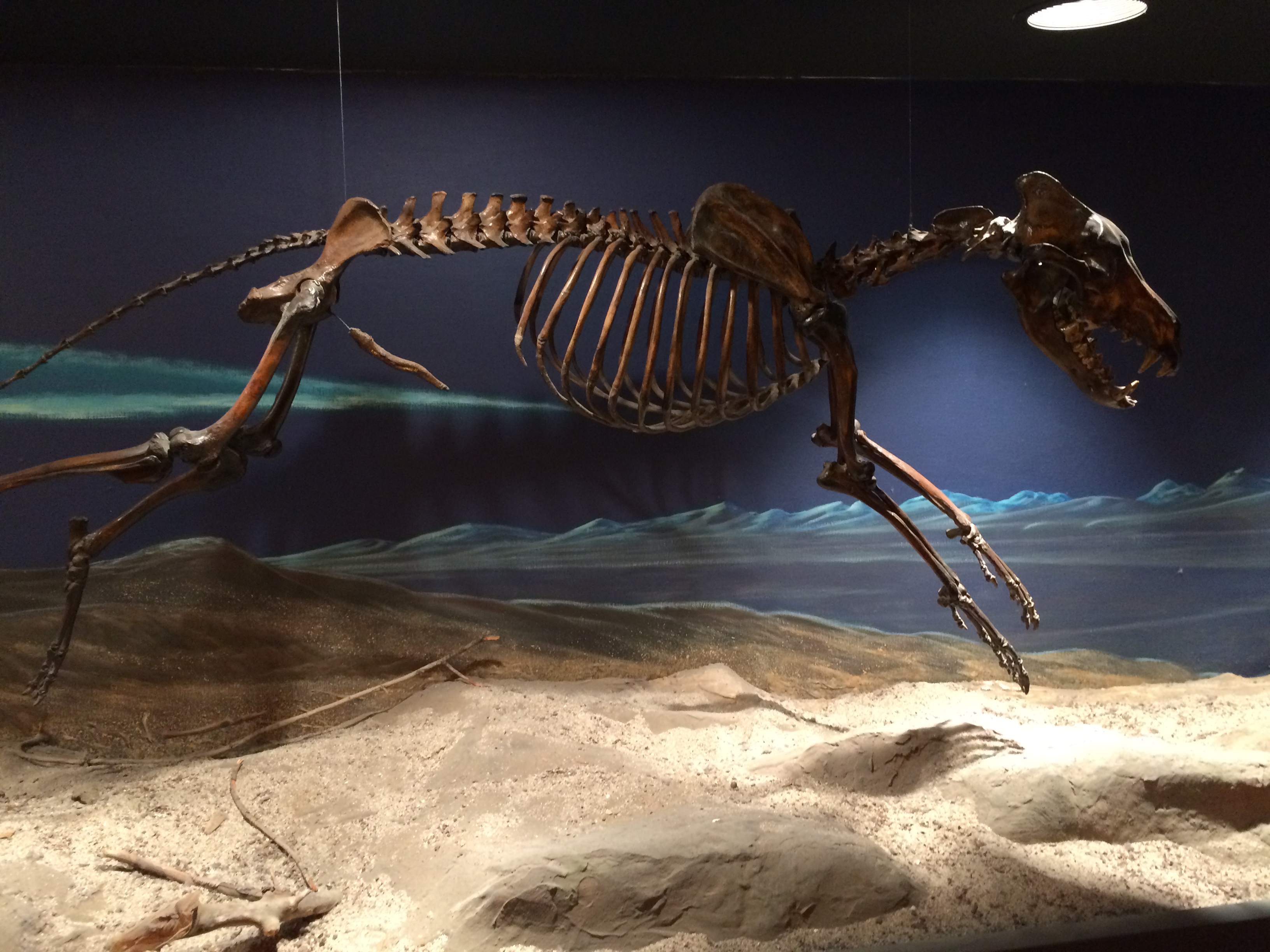
A Dire Wolf Skeleton
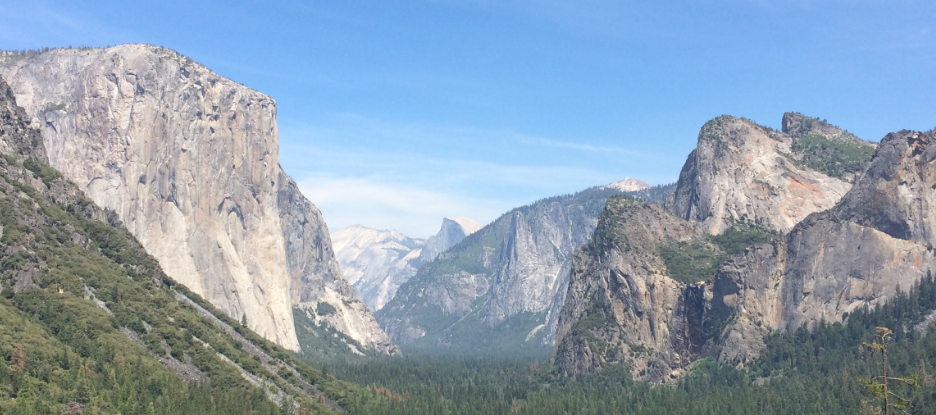
Yosemite!
Getting off the Ground
June 11th, 2015
This summer I will be working with an Ocean Bottom Seismometer (OBS) dataset collected between August 2010 and September 2011. These seismometers were deployed off the coast of Southern California over two areas, from the California Borderlands (a 100-250 km wide continental margin) to the West off the Patton Escarpment and onto the seafloor. My group is working on the picking part of the entire data set, but I think other groups at Caltech may be using subsets of the data for various things (e.g. ambient noise tomography).
To look at my data, I'm using PQL II. It's simple to use, but very slow sometimes. I can't have the window maximized either when using it, or it just freezes too, odd. I think one of the exciting things about my research though is that we're using two python programs written in house. To follow along with these, I've been teaching myself how to program in Python (A special thanks to Code Academy, whoop whoop!). To develop on Python, I've learned how to use the IDE (integrated development environment) Eclipse, which is really helpful for debugging. Furthermore, I've learned some basics of object oriented programming, which is something I've heard a lot about (my rooomate at UNC was Computer Science Major).
As a side note, I have now started to keep a separate blog for my research. A former Summer Undergraduate Research Fellowship (SURF) intern did one of these in the past, and it is essentially an electronic lab notebook. This way, I can keep screenshots of figures together with my notes. Moreover, it allows me to review, correct, and rewrite my paper notebook more coherently. This way, when preparing a future report, or paper for publishing, I may be able to copy some parts directly from the blog.
All in all, I think learning this software has really helped with my confidence at learning new types of software moving forward. Dr. Kohler, as well as Julian and Mani, two other professors whom I am working with this summer (as well as StackOverflow.com) have helped me a lot with this. As I'm writing this blog post, however, I'm also getting to run my first precursory test on the dataset. I'm looking forward to posting about some type of results in the future.
Until then,
-Jordan
From Coast to Coast
June 4th, 2015
Hi All,
I have been in a whirlwind the last few days. I’ve had a new experience every day since arriving in Pasadena, and it’s really exciting! I couldn’t believe on Sunday that the week before I had was waking up in my bed in North Carolina.
After flying in on Saturday afternoon, I was picked up at the airport by former IRIS intern Daniel Bowden, who is also a graduate student at Caltech. Daniel has also invited me to join the Caltech summer softball league for the Geophysics team. I think this would be a fun activity and help me to balance my work.
On Sunday, there was a community event called CicLAvia. During this event, residents from around the Pasadena area rode their bikes down California Blvd, the largest street in Pasadena. There were also street vendors and promotional offers everywhere. I won a free smores pie at a local restaurant called Blaze Pizza!

On Monday, I met Dr. Kohler in person for the first time, and, later that day, we attended the dedication of the newly renovated Gates Thomas Engineering building. This building will be where the Mechanical and Civil Engineering Department (including Dr. Kohler and me) will be moving to in two weeks.
I rented the place I’m staying at for the next week through a website called Airbnb. It’s nice, and I get a free breakfast in the mornings. I encourage all of my fellow interns to look into the website if they’re looking for a place to stay (around the world) short term.
To ramble on, the woman who I’m renting from, Beatrice, feeds the local birds peanuts (Who’s ever heard of a bird taking a whole peanut, shell and all?) Tuesday’s new thing was getting to feed one of these birds a peanut from my hands. I’m embarrassed to admit how exciting that was.
Goals! I still need to talk to Dr. Kohler about a few things, so here’s the rough outline.
1) Complete my project with a high standard, and move towards getting my results published.
2) Become very competent in the Unix environment, and be a proficient Python user.
3) Figure out a few life decisions concerning my post graduation plans. Will I go to grad school? What for? Which professors would I like to study under? Where could I see myself living?
One last note: Last night I met up with a friend who lives in LA, and I tried In-N-Out burger for the first time. A cardiologist might disagree, but it was delicious, and I will definitely eat there again.
-Jordan
PS. Also, found at one of the Pasadena movie theaters.
2015 IRIS Summer Orientation!
May 28th, 2015
Today is another sunny day at New Mexico Tech. I'm not sure yet if I like the desert, TBD, however, I am excited to be here with the 10 other interns in the program. I'm a little nervous about learning all the software that I will have to use for my summer project, but I know that it will all be worth it. I am also ecstatic to be going to Caltech and working with Dr. Monica Kohler. I think it's interesting that she's in the Department of Mechanical and Civil engineering, and I look forward to asking her about her research as well. I want this summer to be an experiment for some of my future plans: to see if I enjoy California, to find out if I fit in at Caltech, and to see if Geophysics grad school is the right path for me.
Stay tuned for more exciting installments.
-Jordan



